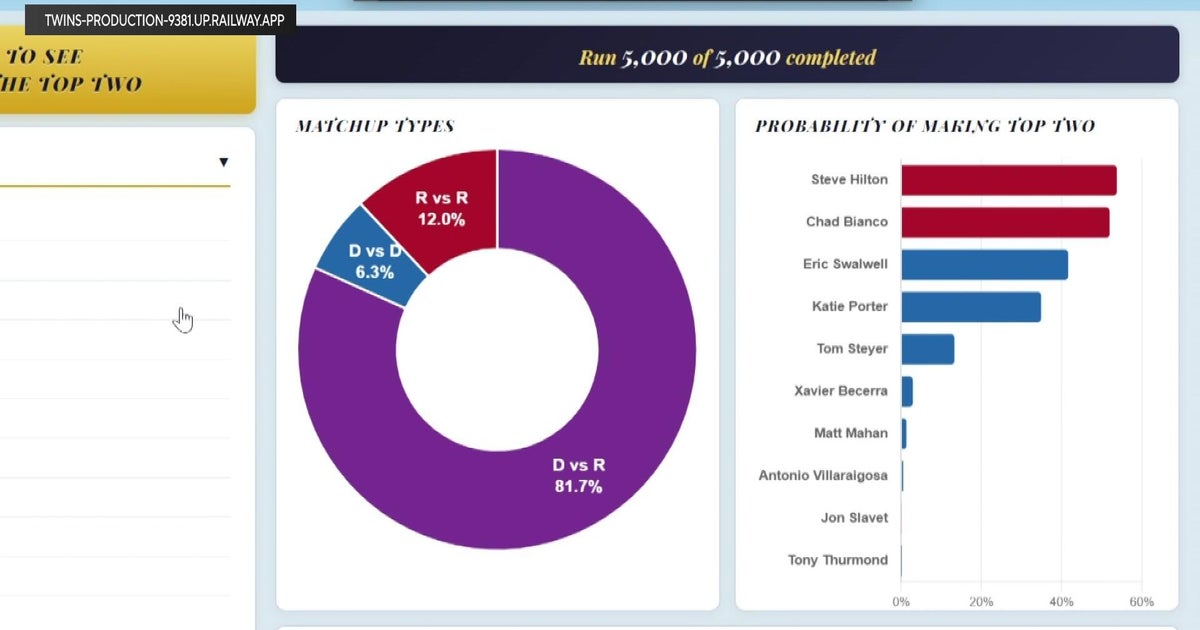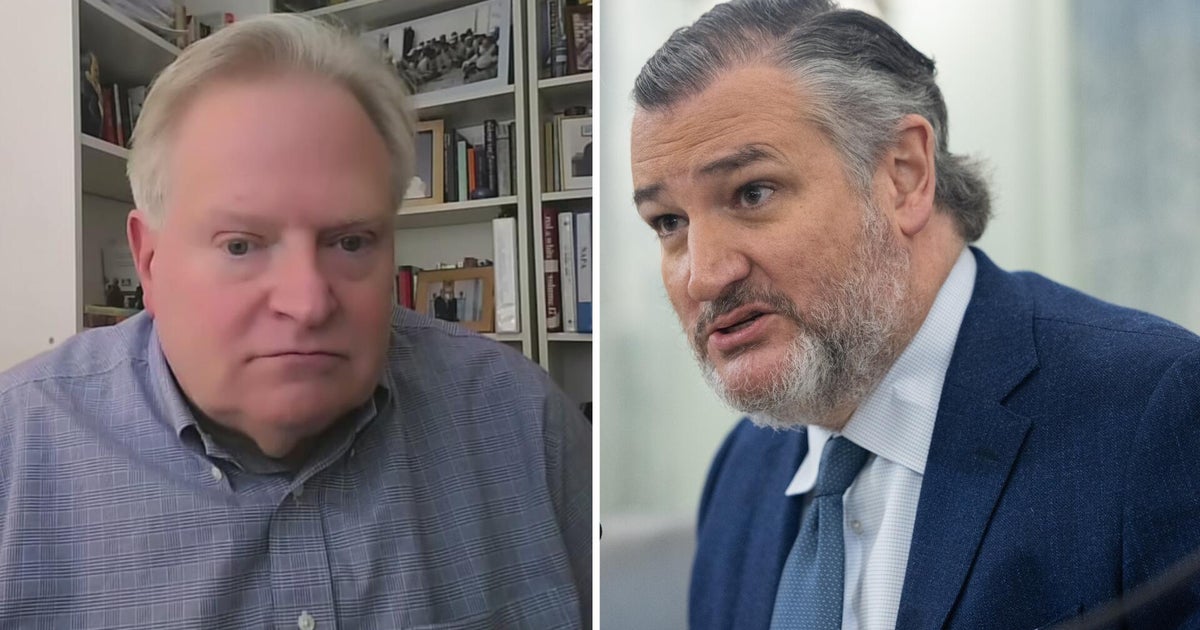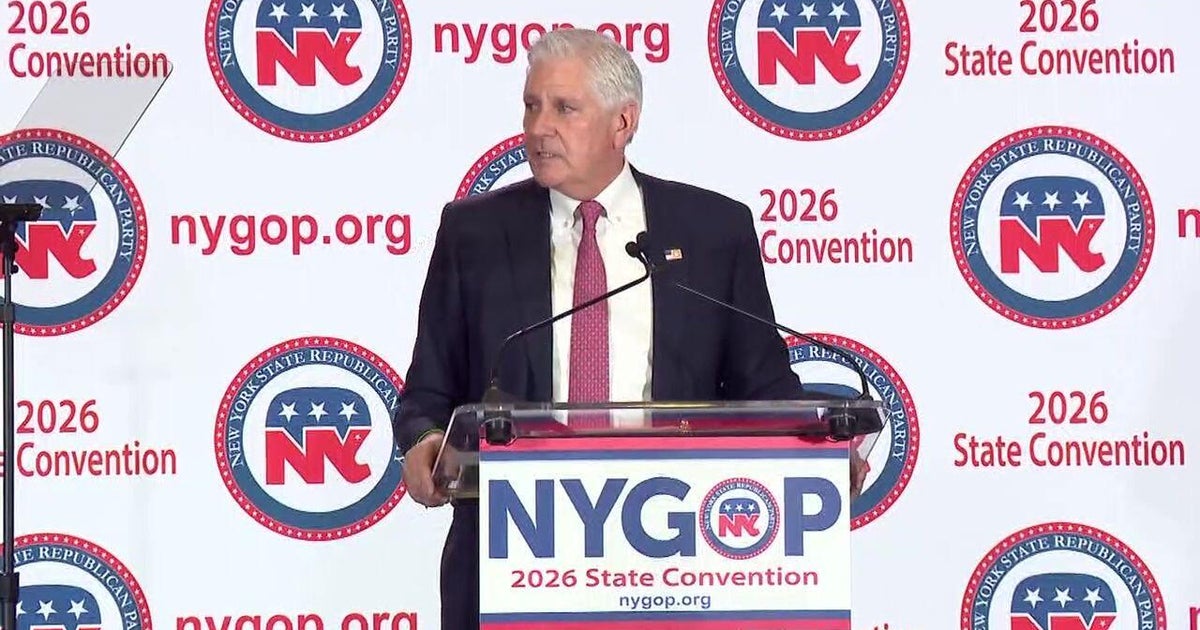House Republicans pass rules package in key test for McCarthy
(CNN) -- House Republicans on Monday approved a rules package for the 118th Congress, in what marked the first test of House Speaker Kevin McCarthy's ability to navigate his slim Republican majority.
The rules were passed on a 220-213 mostly party-line vote, with Texas Republican Rep. Tony Gonzales joining all the Democrats in voting against the measure.
McCarthy and his allies had to scramble to ensure they had enough support for the rules package after McCarthy's concessions to GOP hardliners to win the gavel last week frustrated some centrist House Republicans. With little margin for error -- and the vote seen as McCarthy's first test of whether he can govern -- GOP leaders left little to chance.
GOP leaders lobbied Republicans who had expressed misgivings, like Rep. Nancy Mace of South Carolina, who got on board Monday after saying she was "on the fence" a day prior.
After Republican foreign policy hawks protested the prospect of spending cuts to defense as a result of McCarthy's dealmaking with the hardliners, McCarthy's allies took to the airwaves to try to clarify what is and isn't in the rules package, particularly related to defense spending.
GOP leaders are hoping to quickly push past the rules and onto their legislative agenda, with a vote slated for Monday evening after the rules on a bill to roll back $80 billion funding to staff up the Internal Revenue Service that was included in the Inflation Reduction Act, a massive social spending bill passed by Democrats in the last Congress.
Still, the skirmish over the House rules underscores the herculean task McCarthy faces as the leader of a House with a slim four-vote Republican majority that gives a small bloc of members on either side of the Republican political spectrum outsized sway to stand in the way of legislation.
Tensions are running high in the House GOP Conference as lawmakers still do not know the full extent of the promises McCarthy made to his detractors that did not become public in the House Rules package.
"Operating in a vacuum doesn't feel good," one member told CNN. "We've been loyal and it's a slap in the face"
Another member said, "The devil is in the details we don't know."
McCarthy would not say on Monday when he would release details of the side-deals he cut to become speaker that irked the moderates in his conference. Many of the details -- such as tying a debt ceiling increase to spending cuts and ensuring Freedom Caucus members have more seats on key committees -- have not been released.
In order to flip the 20 GOP holdouts last week, McCarthy agreed to a number of concessions. That included returning the House rules so that one member can move for a vote to oust the speaker. The California Republican agreed to expand the mandate of a new select committee investigating the "weaponization" of the federal government to include probing "ongoing criminal investigations," setting up a showdown with the Biden administration and law enforcement agencies over their criminal probes, particularly those into former President Donald Trump.
McCarthy also signed off on a pledge that the Republican-led House would pair any debt ceiling increase to spending cuts and would approve a budget capping discretionary spending at fiscal 2022 levels -- which, if implemented, would roll back the fiscal 2023 spending increase for both defense and non-defense spending from last month's $1.7 trillion omnibus package.
Texas Rep. Tony Gonzalez was the first Republican to oppose the House rules on Friday. He said on Fox News Monday morning that he remained a no.
"I'm against the rules for a couple different reasons. One is the cut in defense spending, I think that's an absolutely terrible idea, the other is the vacate the chair. I mean I don't want to see us every two months be in lockdown," Gonzalez said.
Mace had said on CBS' "Face the Nation" on Sunday that she was "on the fence" about the rules package because she didn't support "a small number of people trying to get a deal done or deals done for themselves in private." On Monday afternoon, however, Mace's office said that she supported the rules package.
"What I am raising hell about is whatever potential backroom deals may have been done," Mace told reporters.
Republicans who backed the rules package Monday were coming to grips with the concessions that McCarthy had to make to secure the speakership.
Rep. David Joyce, a moderate Ohio Republican, told CNN that McCarthy should be concerned that a single member can force that vote of no-confidence on the speakership.
"I'm not the speaker. So it concerns Kevin more than it concerns me, but that just took it back the way it was originally. And I don't think that is going to change the way we do business around here," he said, adding it should only be used in the most extreme of circumstances.
Asked if everyone agrees with that, Joyce told CNN: "Probably not."
Rep. Tom Cole, the chairman of the House Rules Committee, told CNN: "I'm willing to cut spending and we need to do that. I'm not willing to cut defense and that is half the discretionary budget."
Republican allies of McCarthy have sought to push back on the notion they will cut defense spending, saying it's domestic spending that will be targeted.
"There's going to be good conversations, there already has been, that you can't cut defense, right? It needs to go on a very predictable trajectory," said Rep. Dan Crenshaw, a Texas Republican. "We have massively increased spending on the non-defense programs, because that's always the deal, right? There's plenty to work with there, in my opinion."
House GOP leaders are planning to hold votes this week on a bevy of red-meat messaging bills on taxes, abortion and energy, starting with Monday's vote to roll back the IRS funding increases.
The bill is likely to pass the House on party lines but won't be taken up by the Democratic-majority Senate.







